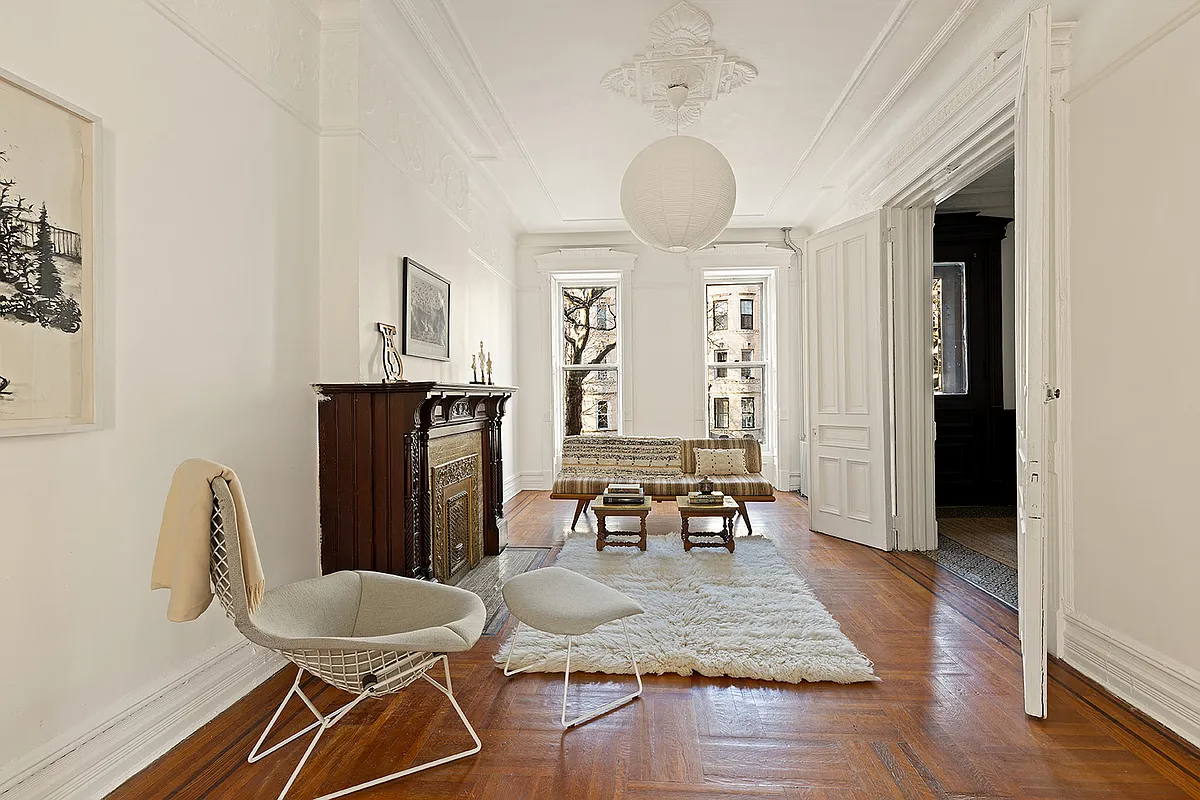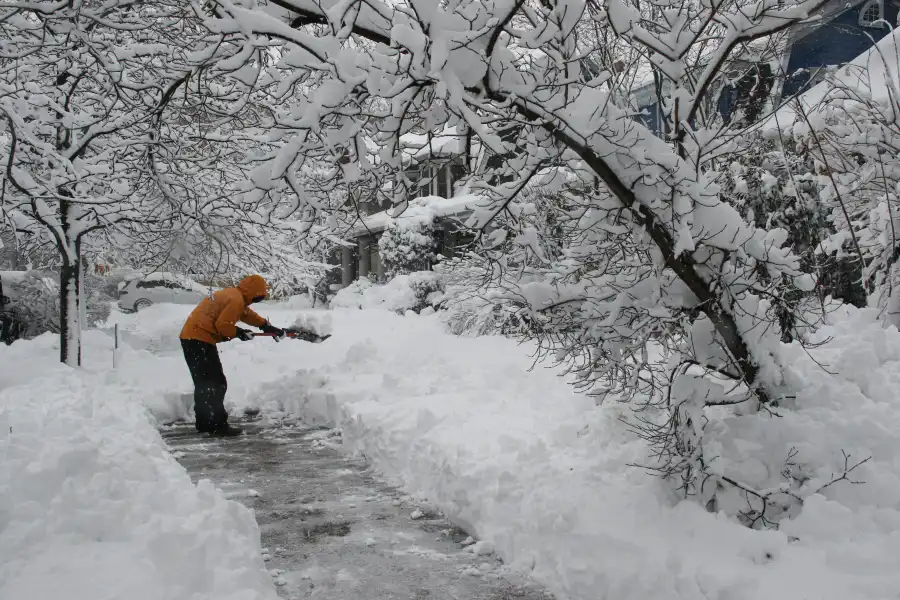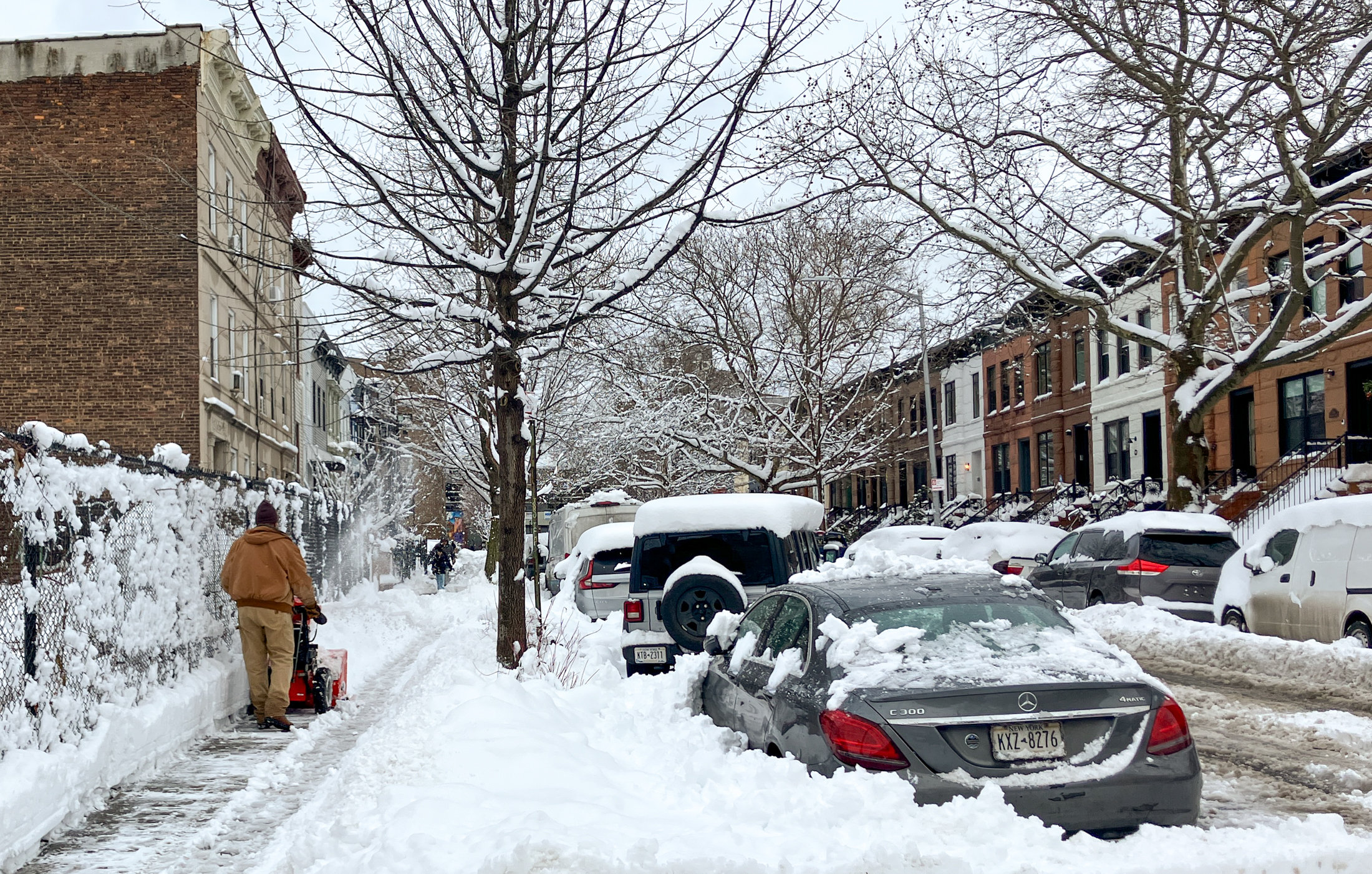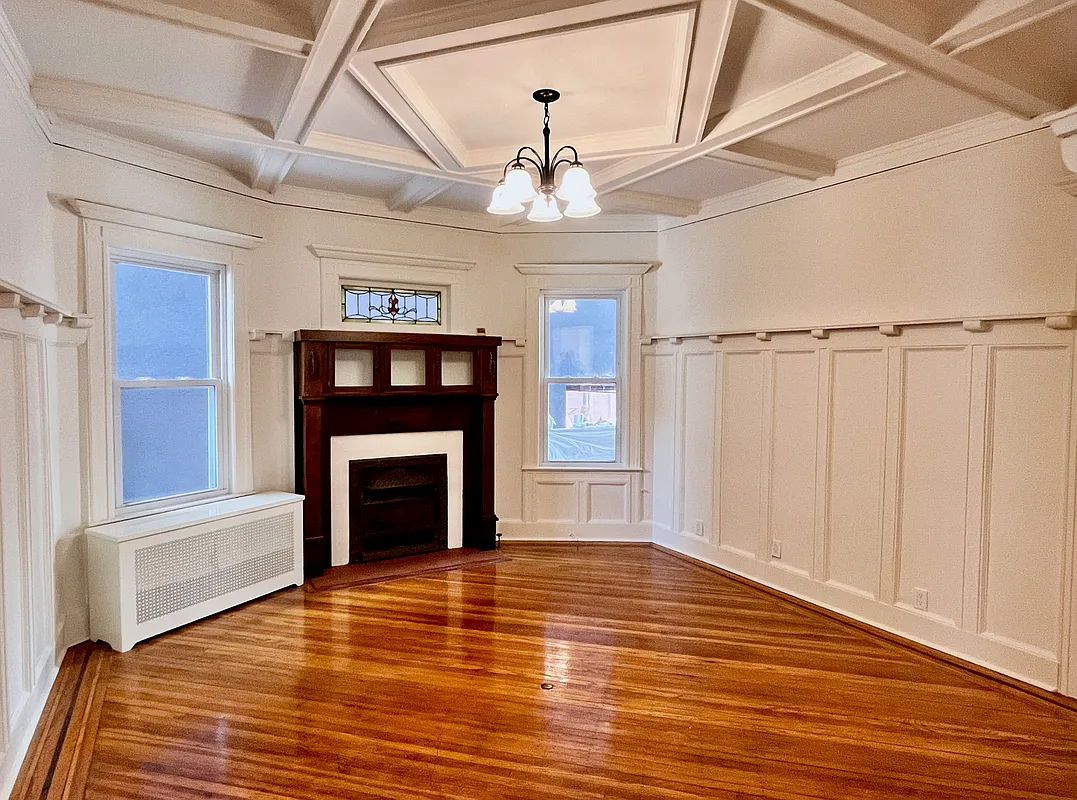Trulia: Buying is Cheaper Than Renting in Nearly Every Big U.S. City But NY....
“Renting is less expensive than buying in only four cities Trulia tracks: New York; Seattle; Kansas City, Missouri; and San Francisco. Boston, Cleveland and eight other cities have relative affordability for renting, though ‘buying may still be a financially sound long-term decision,’ the company said.” -Bloomberg





I hadn’t thought about in this way. I wonder if buying in Fort Greene is much, much more expensive than renting when all is said and done.
I guess one should compare the rent of a floor-through apartment with the “carrying costs” of the same apartment if one were to buy it.
My main hypothetical “fear” would be if, once purchased, down the road the resale ended up below the purchase price (with all the closing costs and other expenses added in). That would be terrible and has happened across the country to so many people!
And what if the dollar deflates? Could it?
I expect though we’ll have inflation rather than real deflation.
You just wouldn’t want to get stuck in loan with a face dollar amount that could suddenly make no sense if the dollar fluctuated.
I’m not joking. We lived in a country where this happened. And, of course, live with the legacy of those who talked about the Depression constantly or at least regularly…during our formative years…and ground the whole thing into one’s brain.
All the snarky responses aside, novanglus’ analysis is more dpot-on, real world. This comparison can easily be done on a case-by-case basis but broad brush characterizations are rediculous.
This kind of analysis makes little sense for NYC. NYC is only a single market in the very loosest sense of the word. The median rental 2br apartment is probably going to be in a different location than the median home for sale–Manhattan has a disproportional number of the sales–in some quarter over 50%. Throw in the sales from the expensive parts of Brooklyn–Williamsburg, Brooklyn Heights, Park Slope etc, and the median sale price is going to be artificially higher than the median rental price.
The better comparison is to take X dollars in housing expense and determine whether one is better off spending it on rent or on purchasing. What makes more sense–$3000 for a small 1br in the West Village or buying a 2br in Park Slope?
I know that the studies are probably done on purchasing NOW versus renting NOW, but we honestly could not rent our house for the equivalent of our taxes, insurance, etc. costs.
For us it’s much cheaper to own. It may have seemed expensive years ago compared to just renting an apartment but we’re glad we bought.
Thank you David for that wonderful breakdown! It seems more do-able the way you laid it out. I always hate the big multi-thousand dollar estimates for repairs–real sticker shock! But the way you break it down makes it more palatable.
Ditmas- it’s also in IE. It’s a problem with Adobe flash for one of the ads
> Q: Where else in the U.S. are you expected to spend over
> half a million to buy a crappy house in the ghetto?
DC and San Francisco spring to mind.
Sadder when you have to rent in the ghetto, bryanx!!!!
Q: Where else in the U.S. are you expected to spend over half a million to buy a crappy house in the ghetto?
A: nowhere else.
Let the right-sizing continue.
“Trulia compares the median list price with the median rent on two-bedroom apartments, condominiums, townhouses, lofts and co-ops listed on its website, and takes into account ownership costs including mortgage payments, property taxes and insurance.”
That pretty much eliminates brownstones from the comparison anyway.